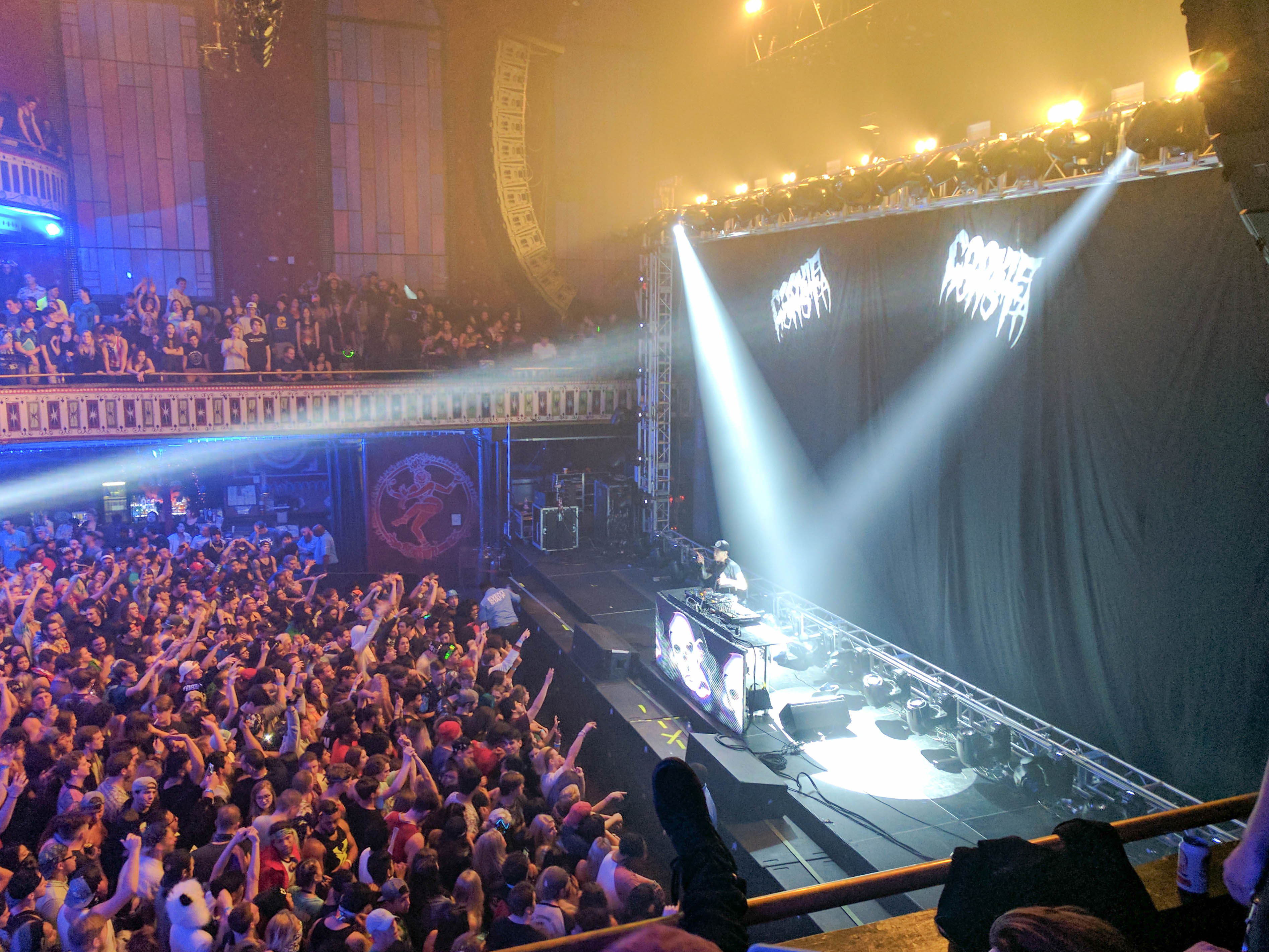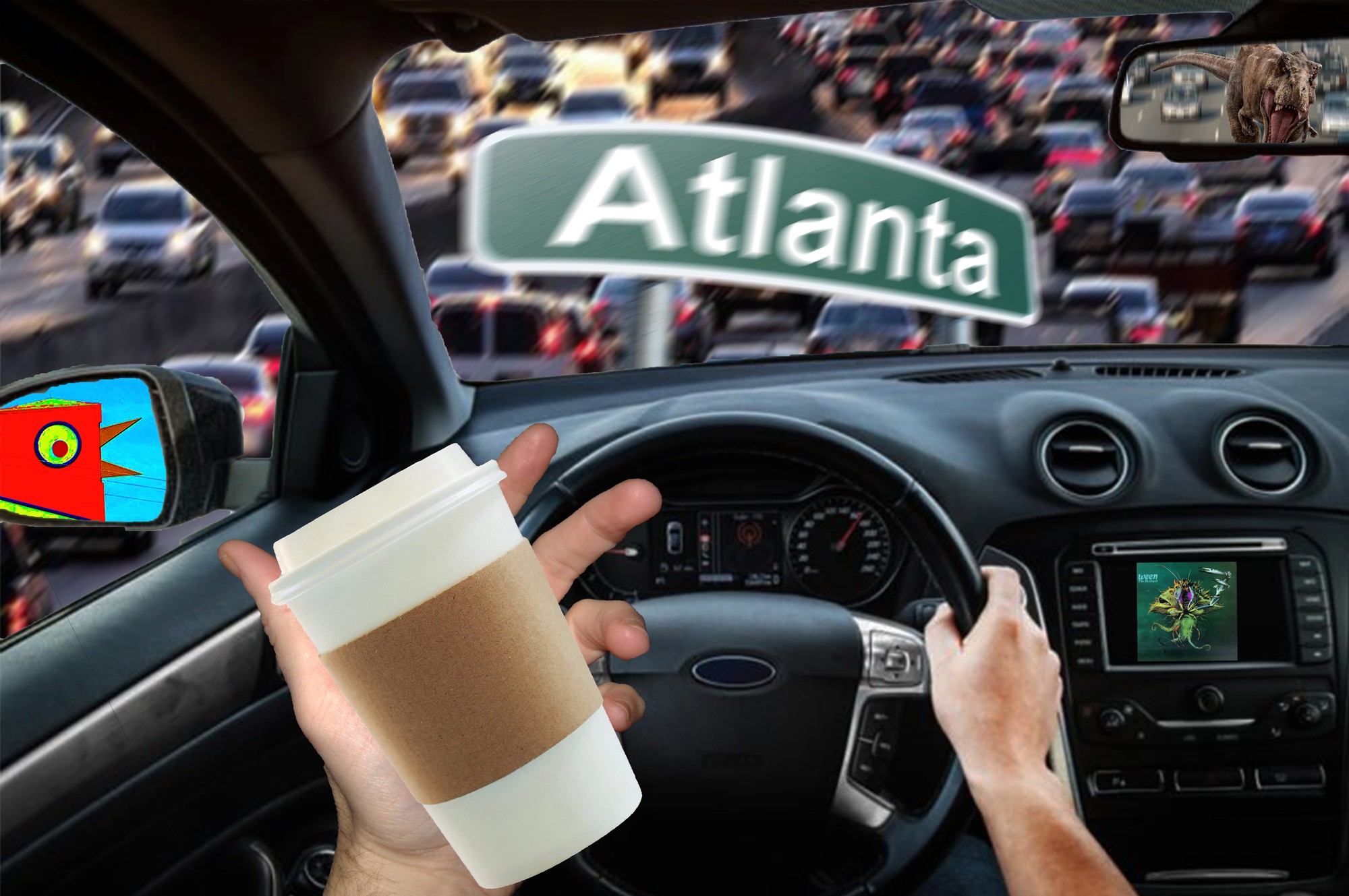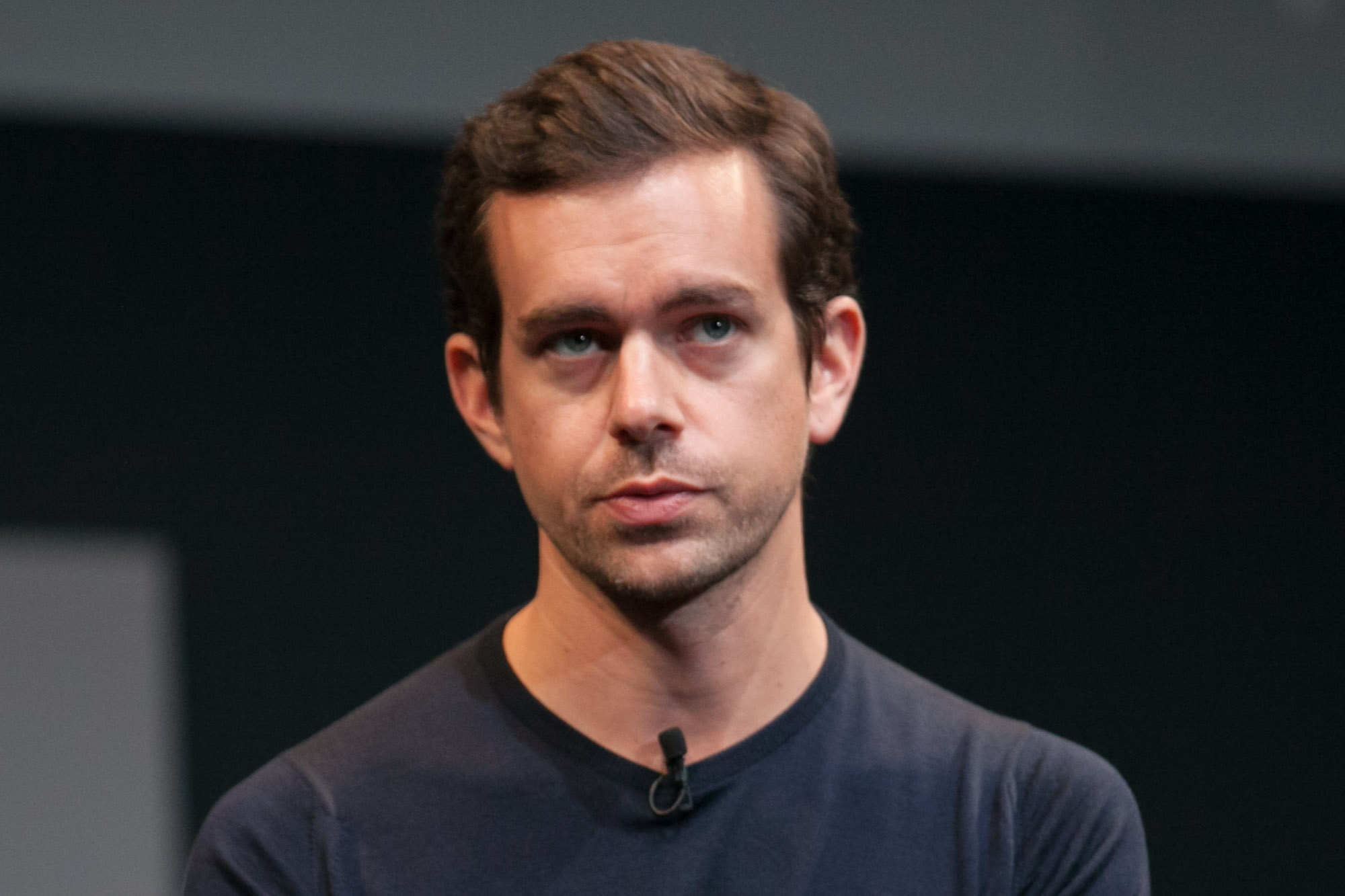Hip-hop, a fairly recent genre of music compared to others, has taken numerous turns in terms of composition and lyrical content.
What first started out as more of a family-orientated expression aiming for patrons of the urban community in the 1980s has evolved into more of an expression that vividly paints the harsh reality of life in poverty — glorifying drugs, weapons, sex and money.
However, only within the past year, hip-hop has begun to rebrand itself once again, following an alternative but familiar narrative with saddening and emotional dialogue that can arguably be compared to that of punk rock greats like Nirvana and Green Day.
Lyrics that glorify suicide, anxiety, drug addiction and heartbreak can be heard across everyone’s playlists today. Juice WRLD’s “Lucid Dreams” has peaked at No. 3 on the Billboard Hot 100 and the late XXXTentacion’s “SAD!” has reached No. 1 posthumously. It is also not too late to forget Lil Uzi Vert’s 2017 anthem “XO Tour Llif3,” in which his pessimistic description peaked at No. 7 on the Hot 100.
Dark and emotional content among the previously masculine hip-hop genre is not necessarily a new approach. In fact, it can infamously be traced back to Lil’ Wayne’s 2010 song “Rebirth.”
Although it was considered his worst effort upon release, it can arguably be considered his most influential album to this day, according to Charles Holmes of Complex.
“Rebirth” was one of the first hip-hop compositions to add compassion and self-loathing themes to its content, something that everyone can relate to even in the smallest extent. Since the rising of this new-era hip-hop, “Rebirth” has been cited several times as the influence.
This is only second to Kanye West’s 2008 album “808s and Heartbreak,” in which West delivered an innovative performance in reaction to the death of his mother, the late Dr. Donda West. “808’s and Heartbreak” is also considered one of the pioneering pieces in the modern state of hip-hop.
Only a decade later has hip-hop become more of a psychological therapy for the younger generation of hip-hop artists. The radio in recent months tends to sound like more of a haunting novel of agony than that of a captivating hip-hop outlet.
A competition of who could produce the wittiest punchline now comes down to who can touch as many hearts as possible. Ironically, it can still be beneficial for the community because it promotes normality.
It is almost safe to say that these emotions will continue to influence the hip-hop community until the next big concept comes around. But until then, why not enjoy a moment in which the stereotypical emo kid of the early 2000s is in all of us?



